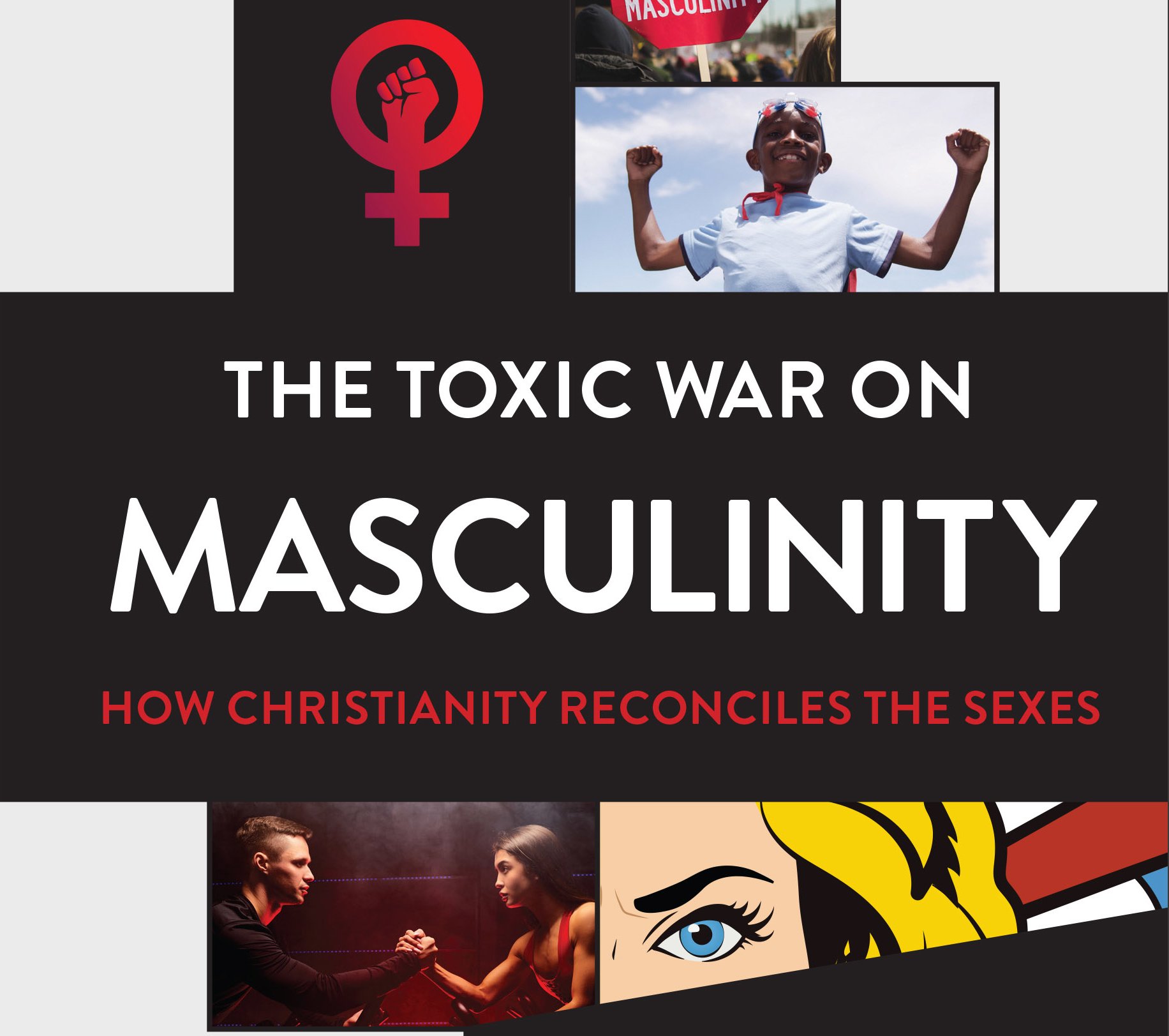One of the reasons the Josh Butler fiasco was such a disaster is that when TGC published a letter apologizing for the excerpt it communicated to Butler's attackers that their methods work. And so it should not surprise anyone that they are now recycling those methods in hopes of swarming another writer who is saying things that post-evangelical progressives don't like.
Login to read more
Sign in or create a free account to access Subscriber-only content.
Topics:
